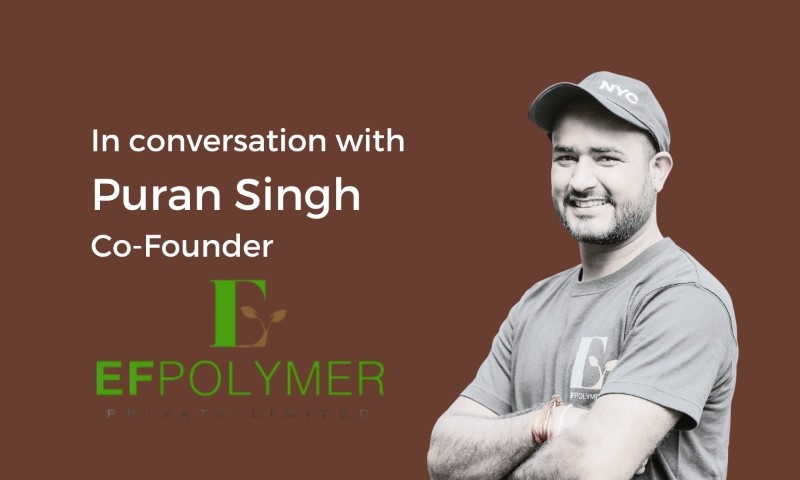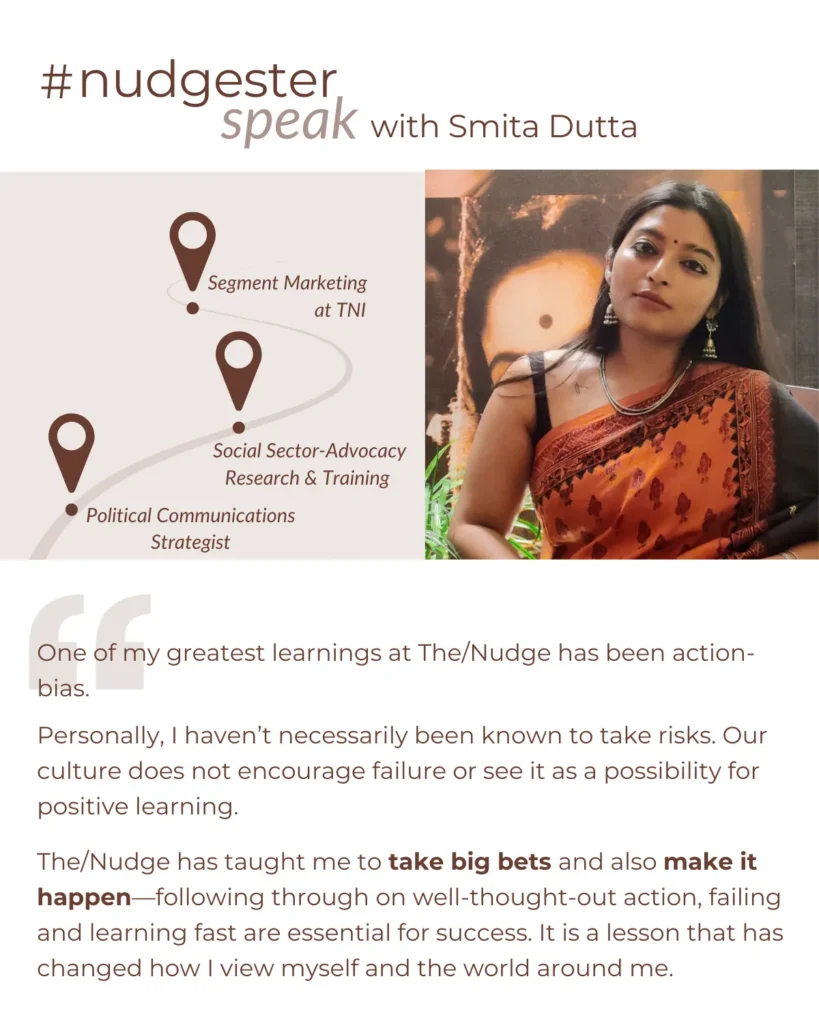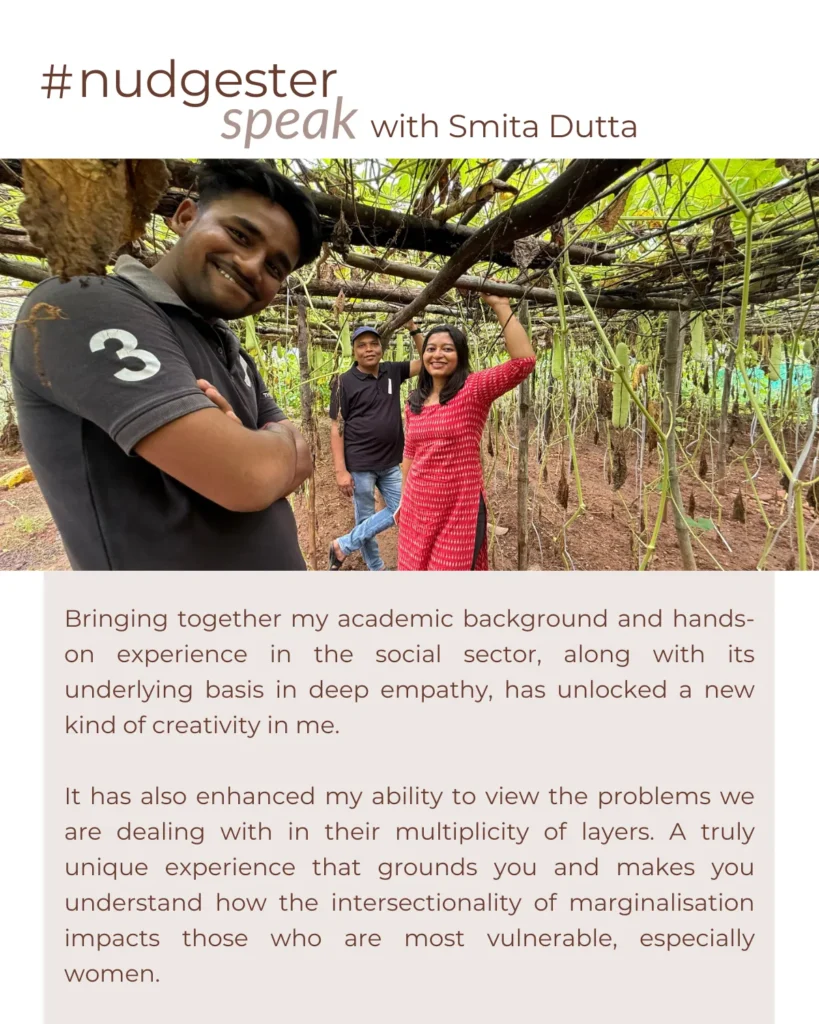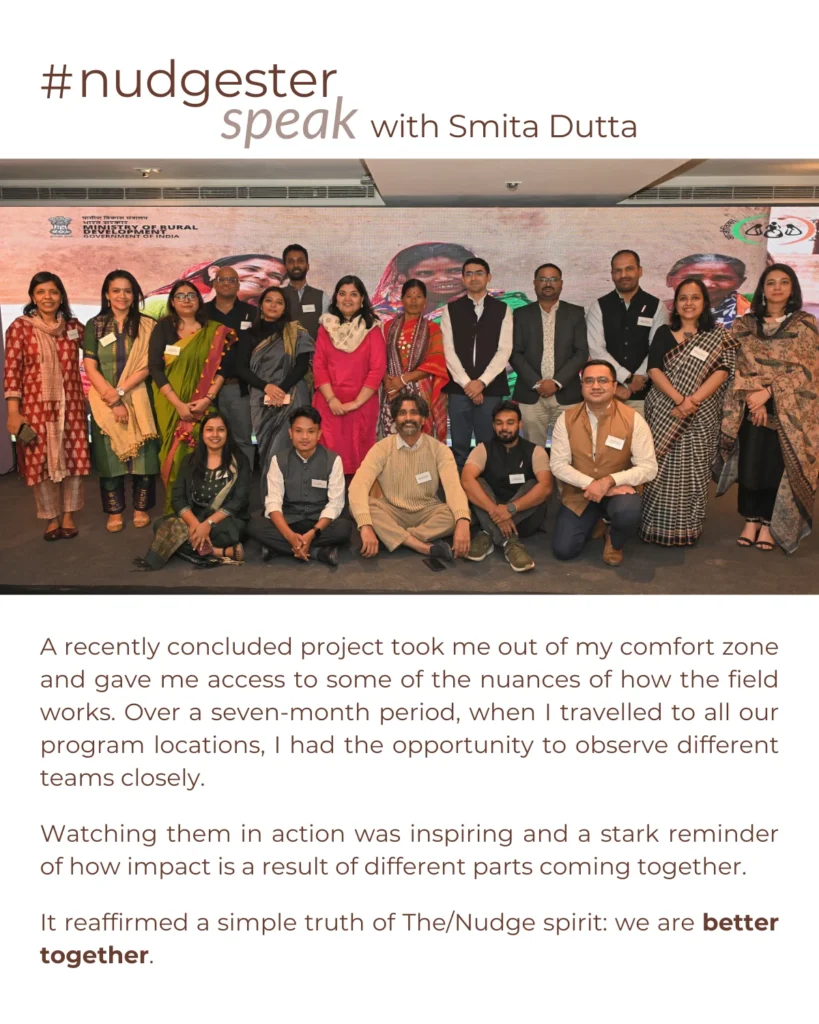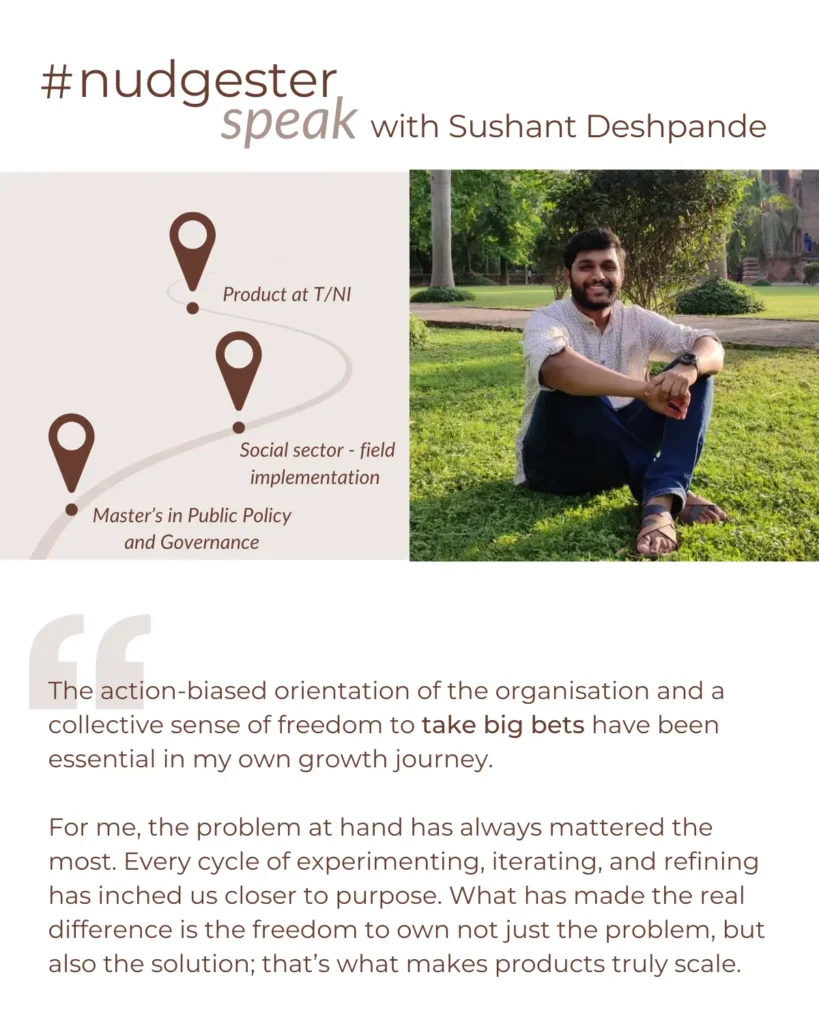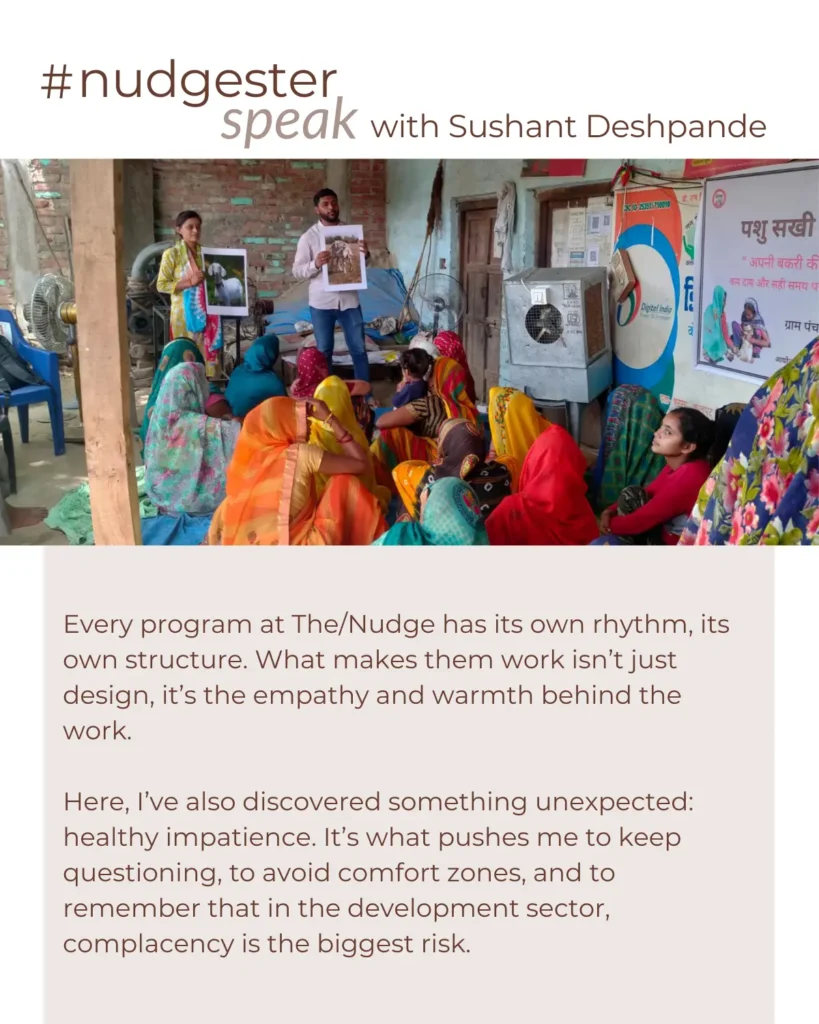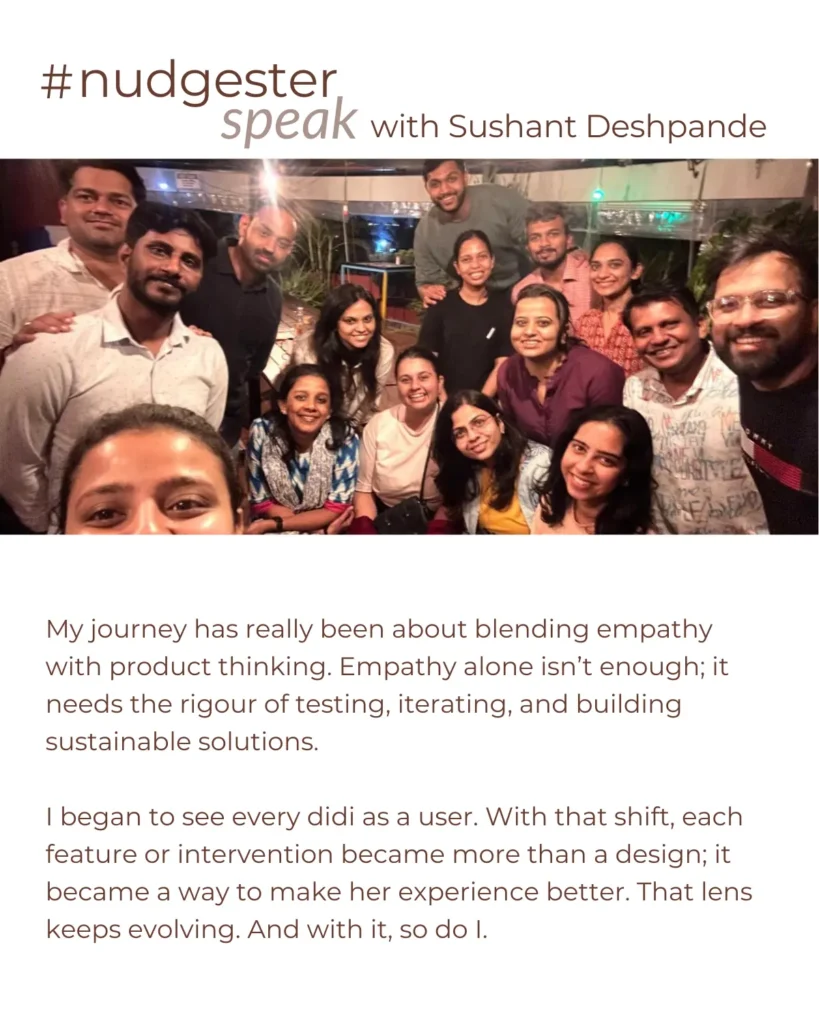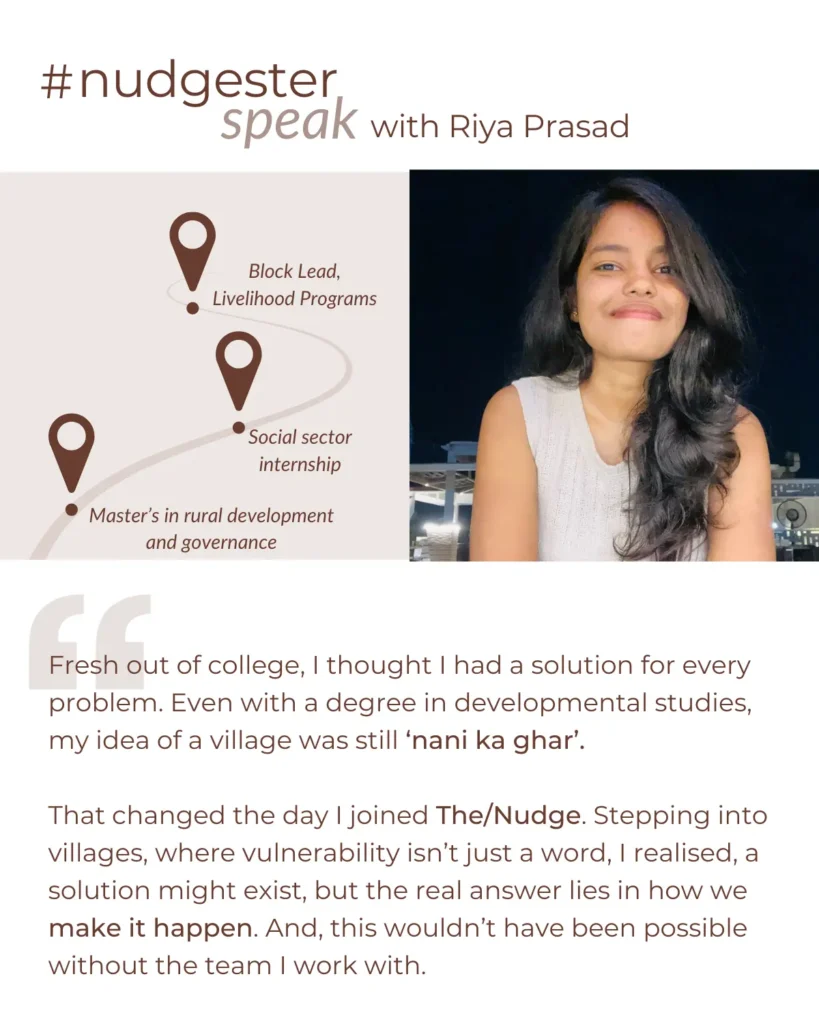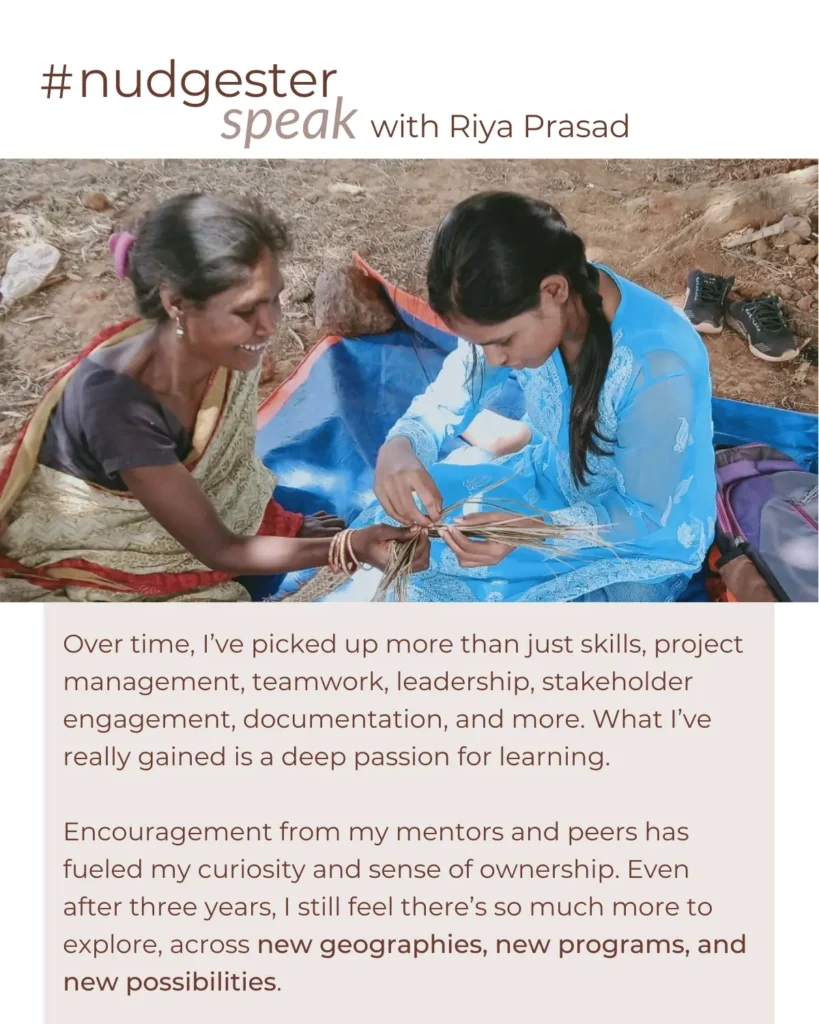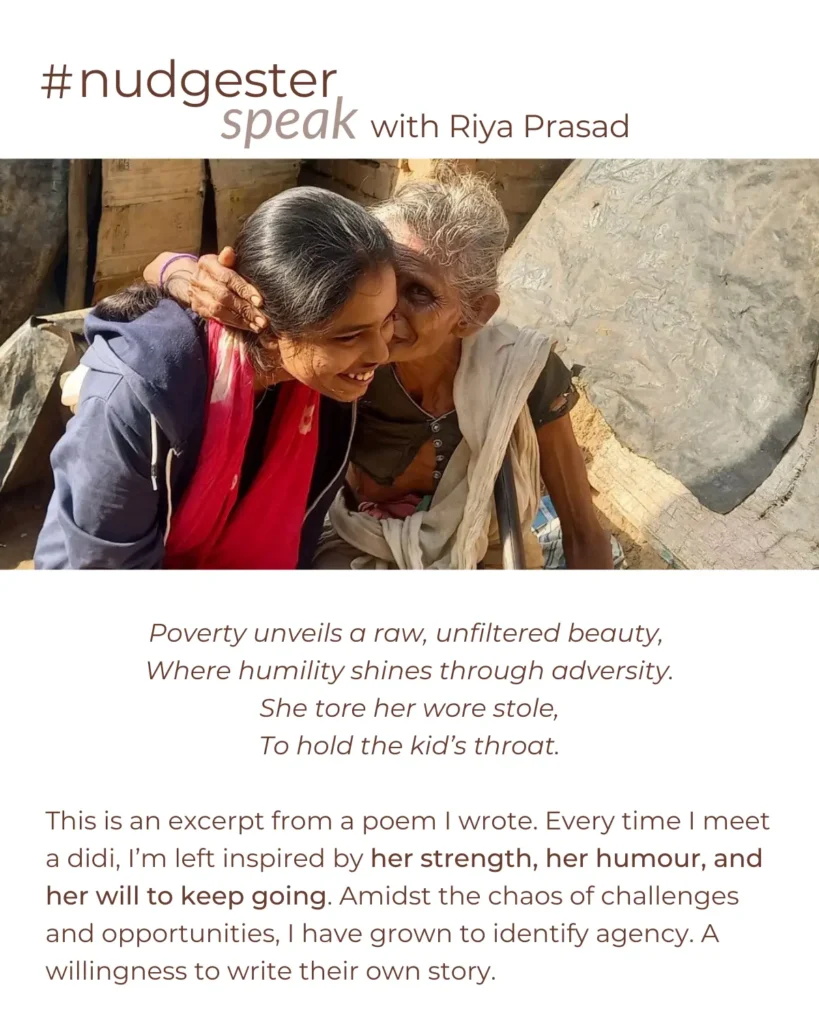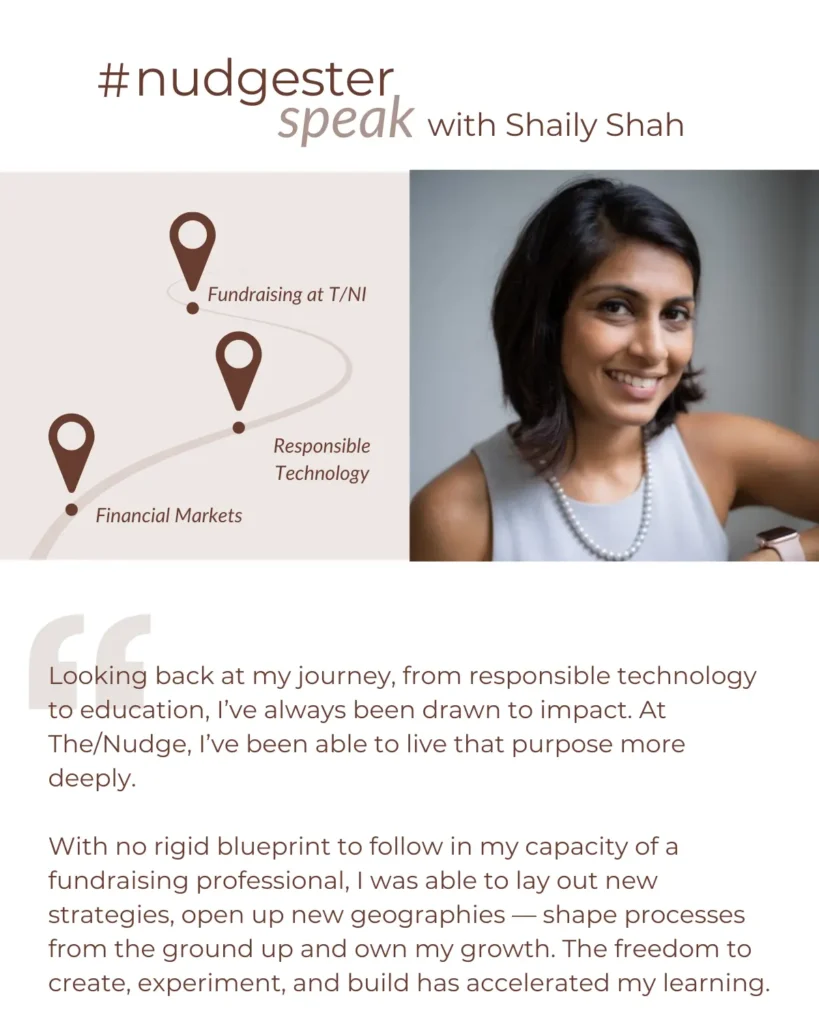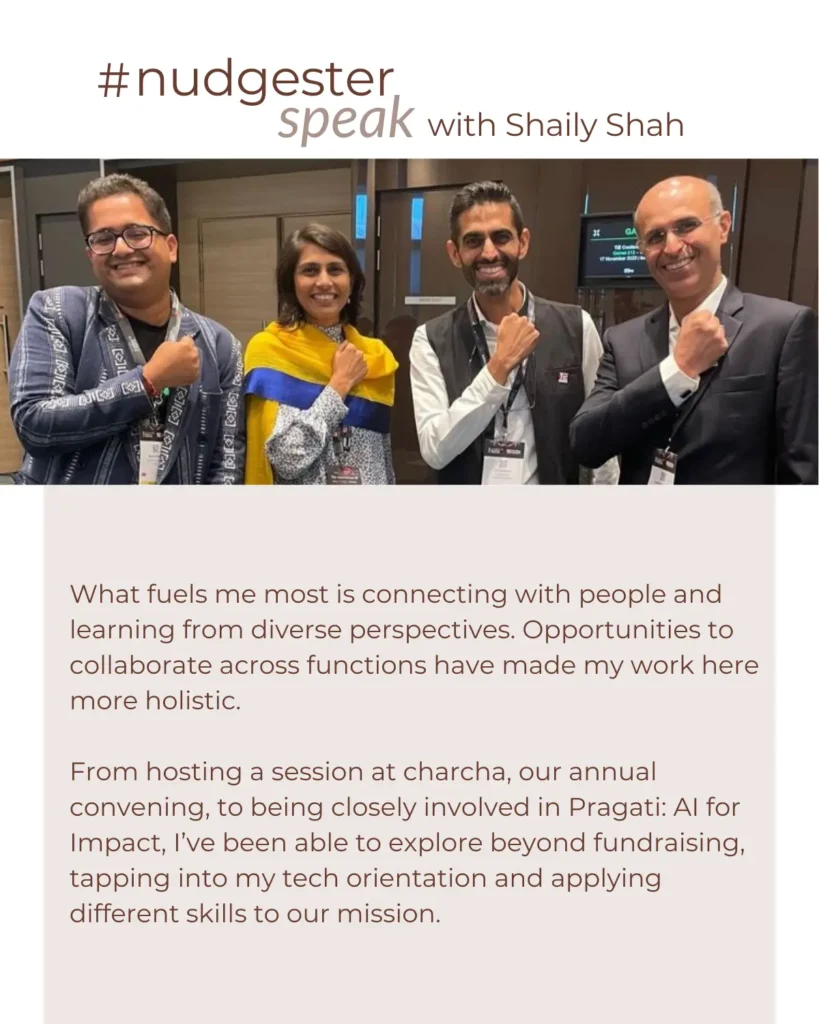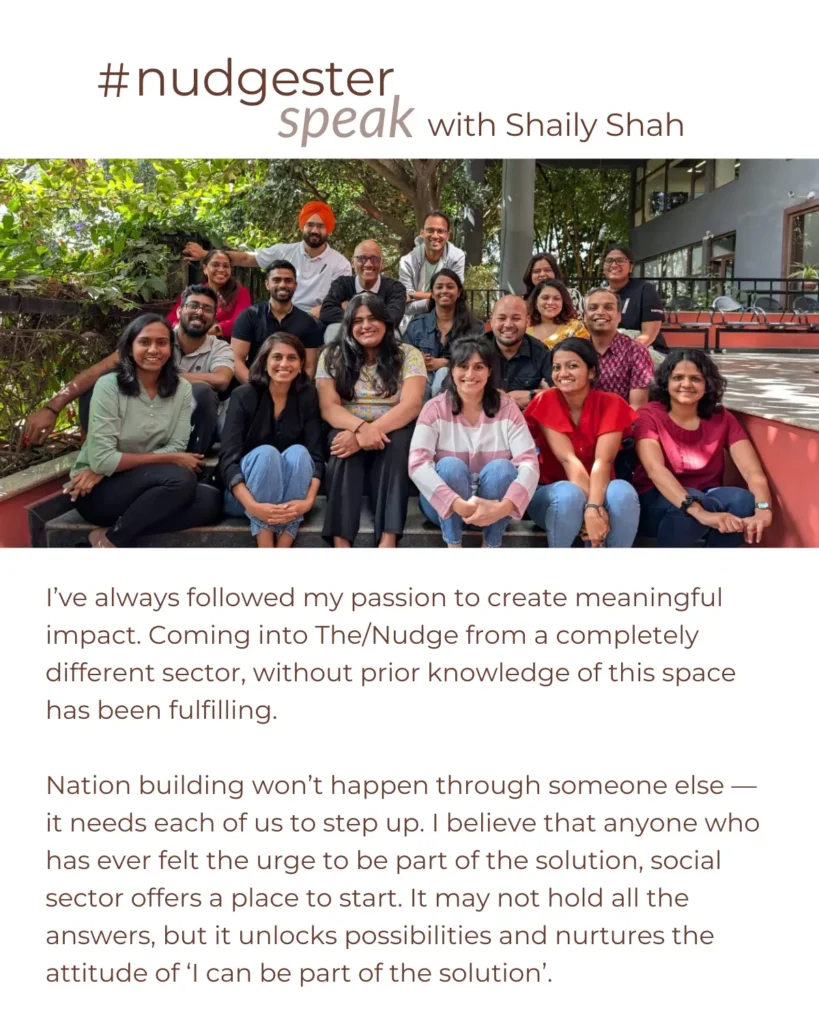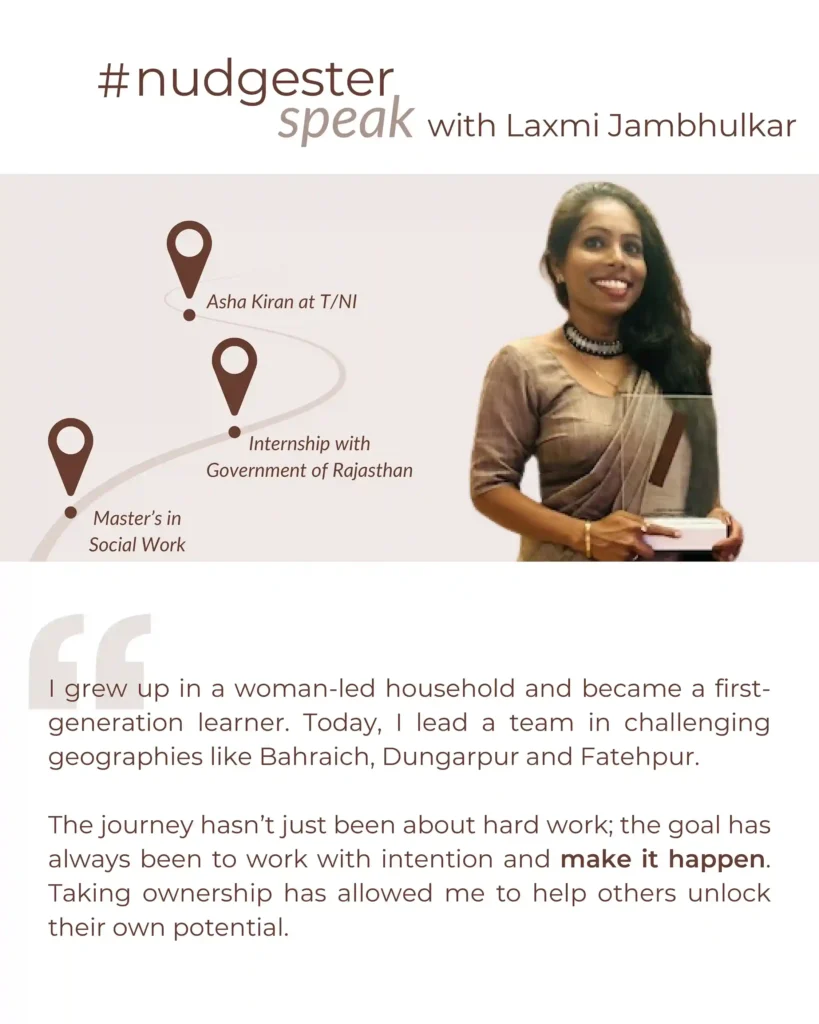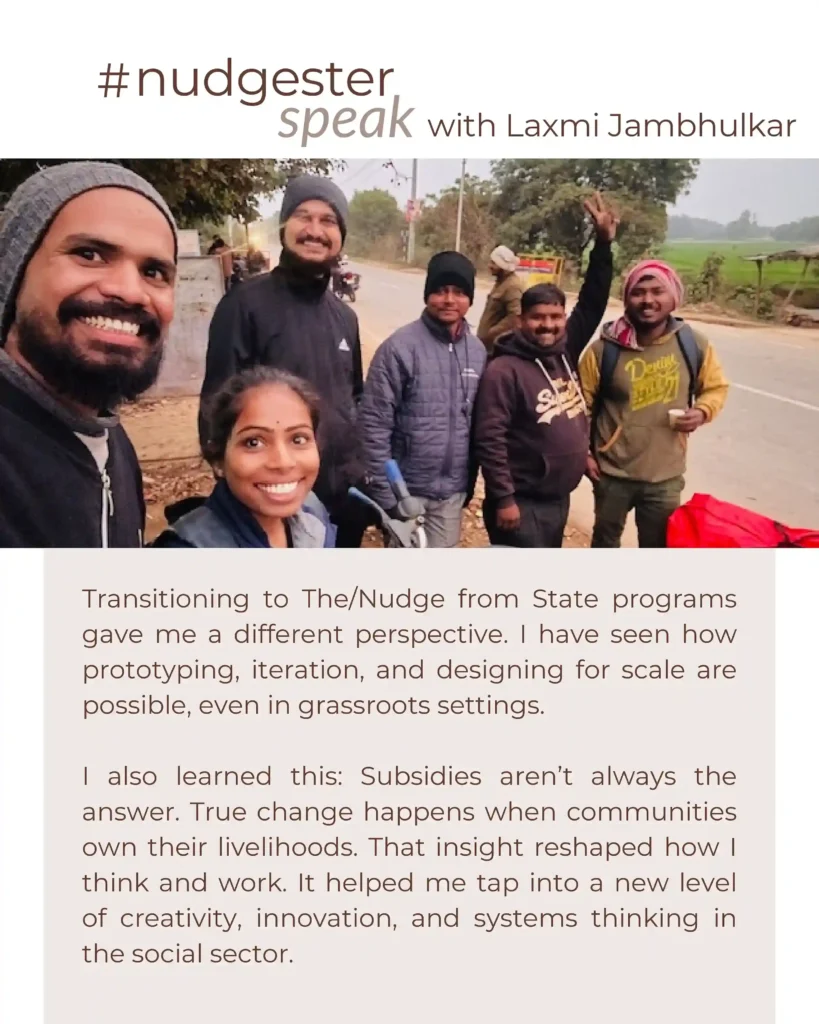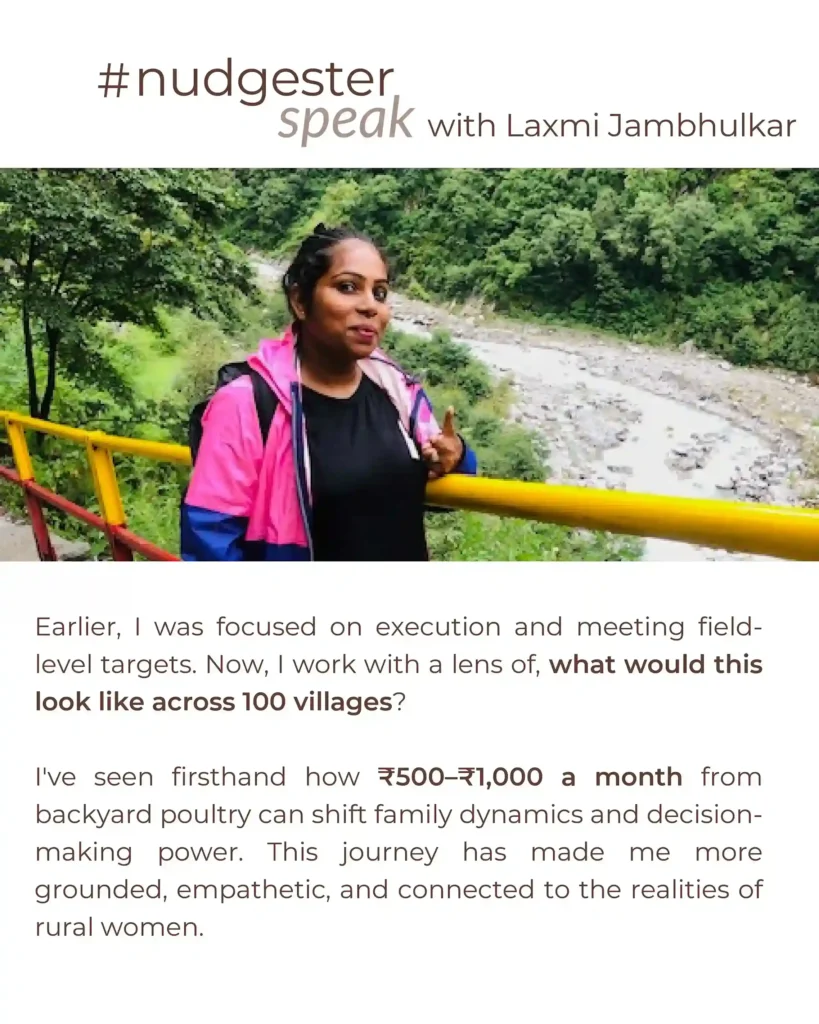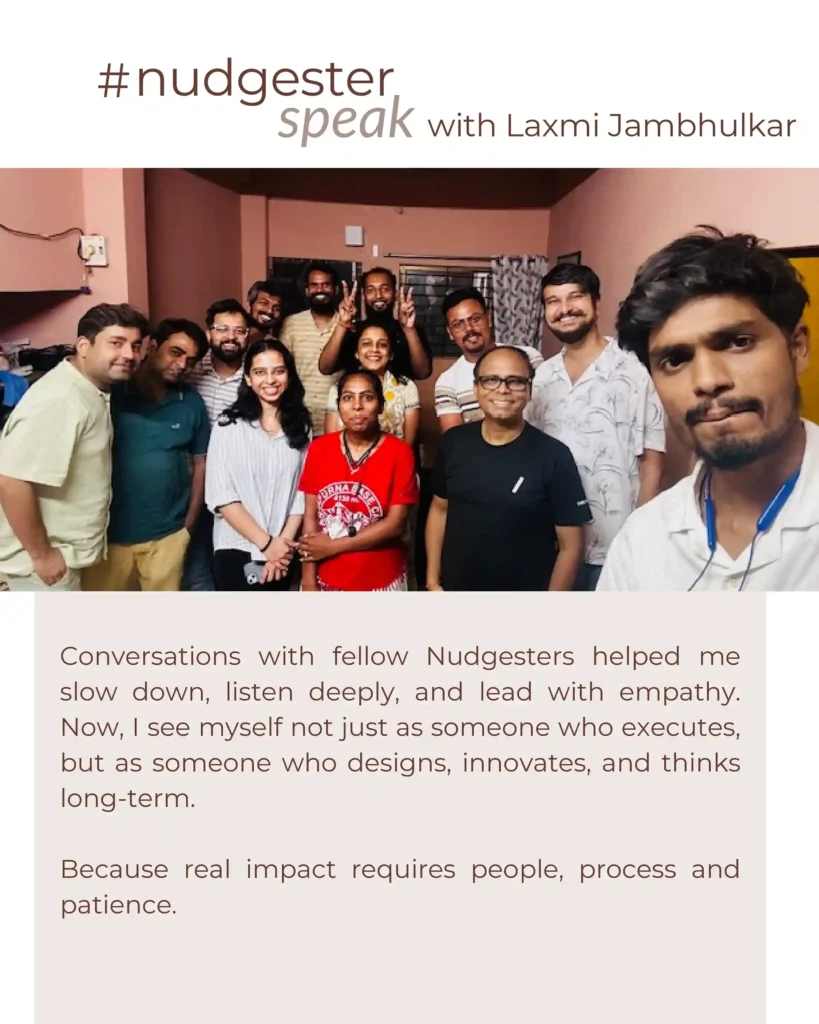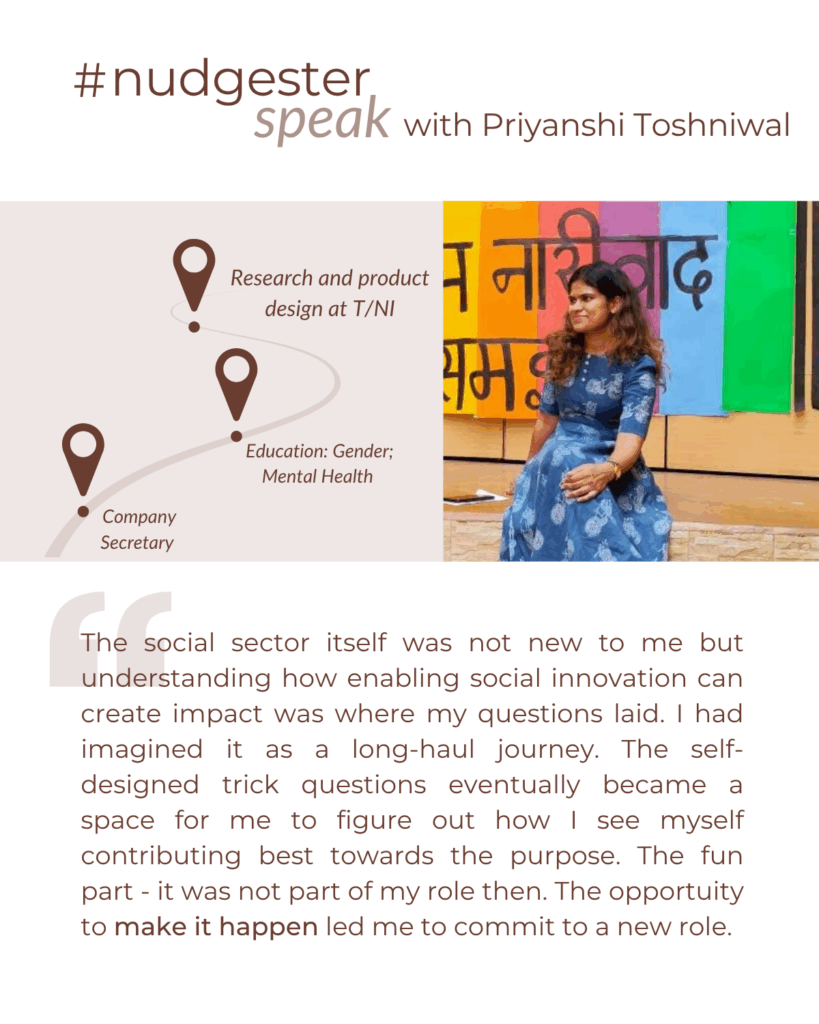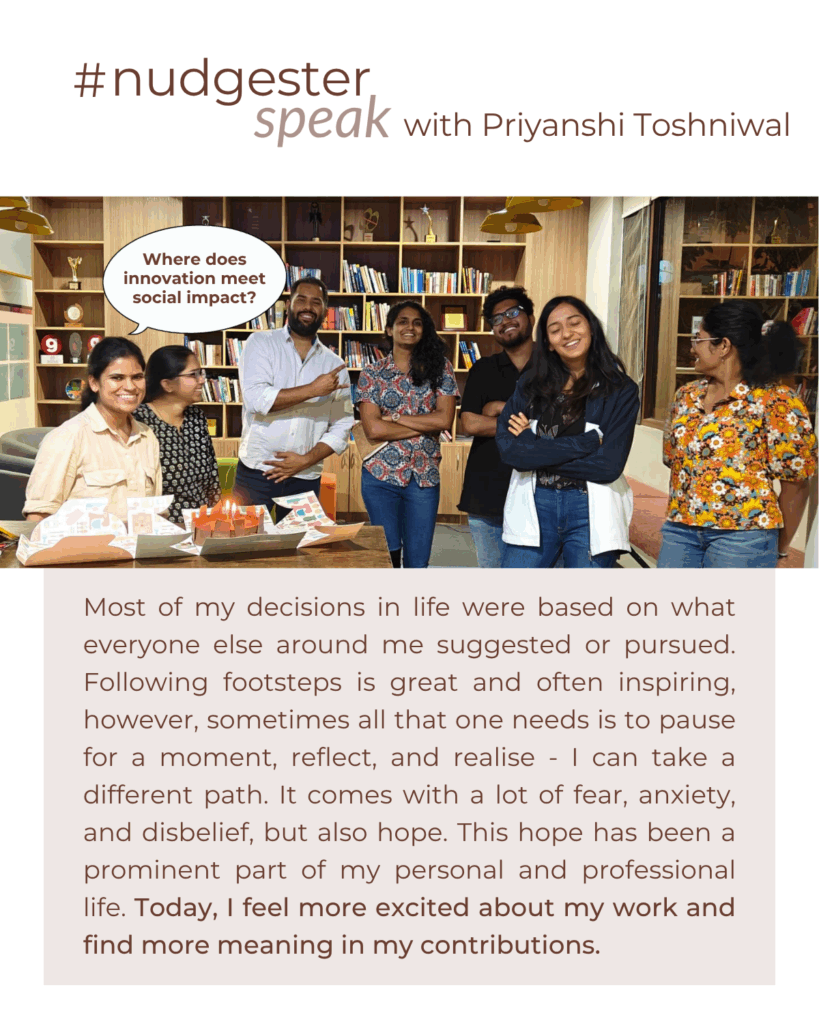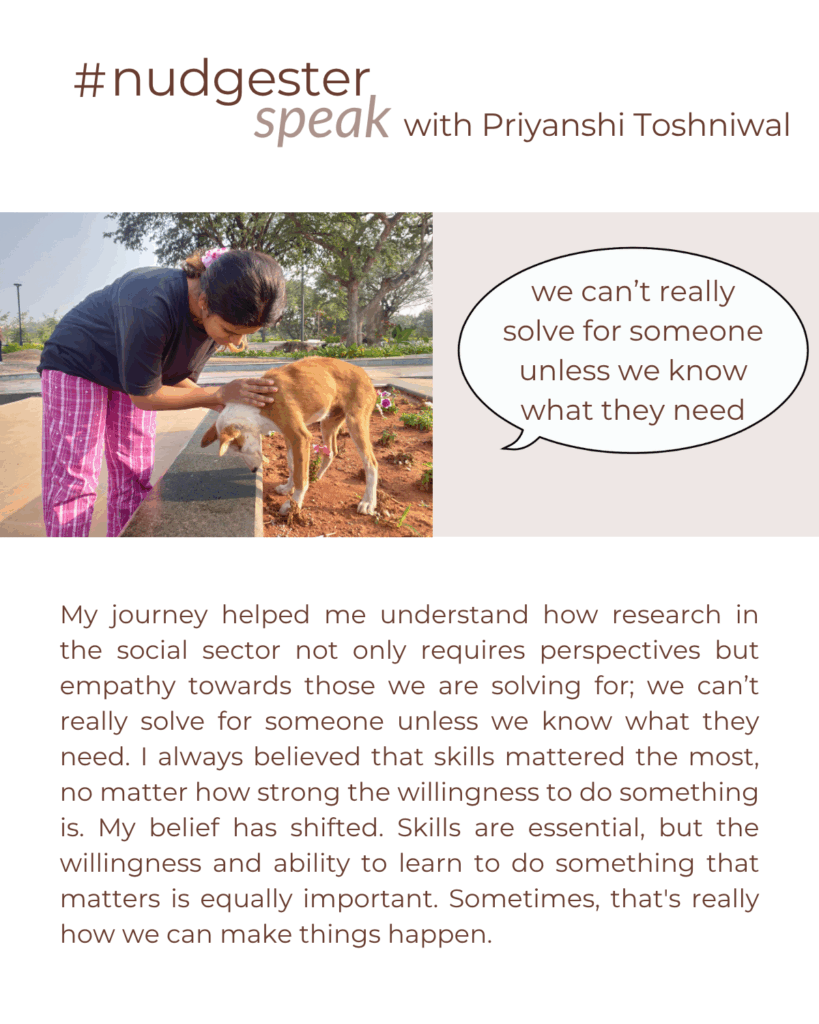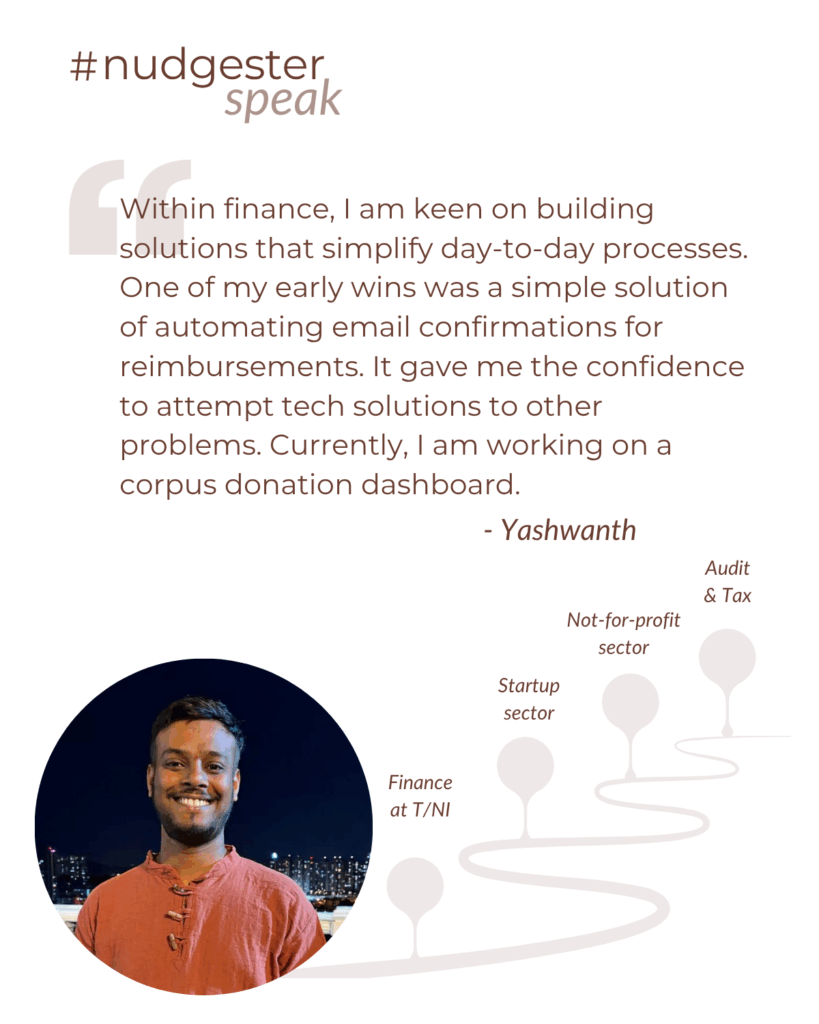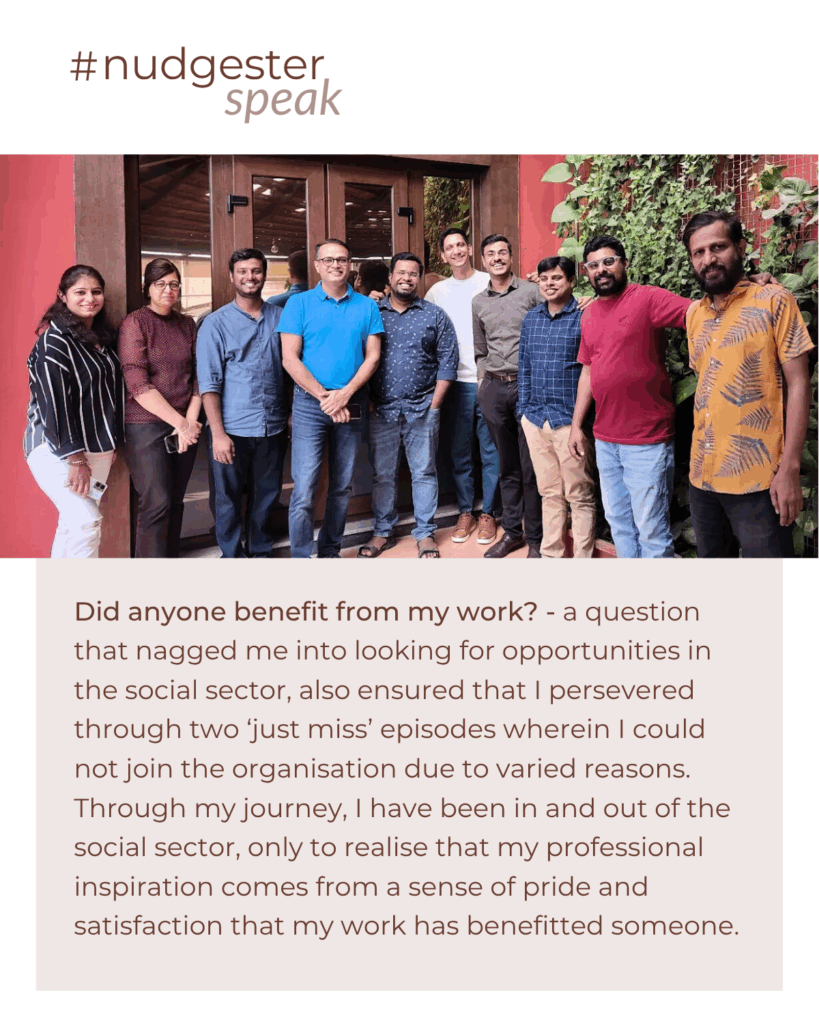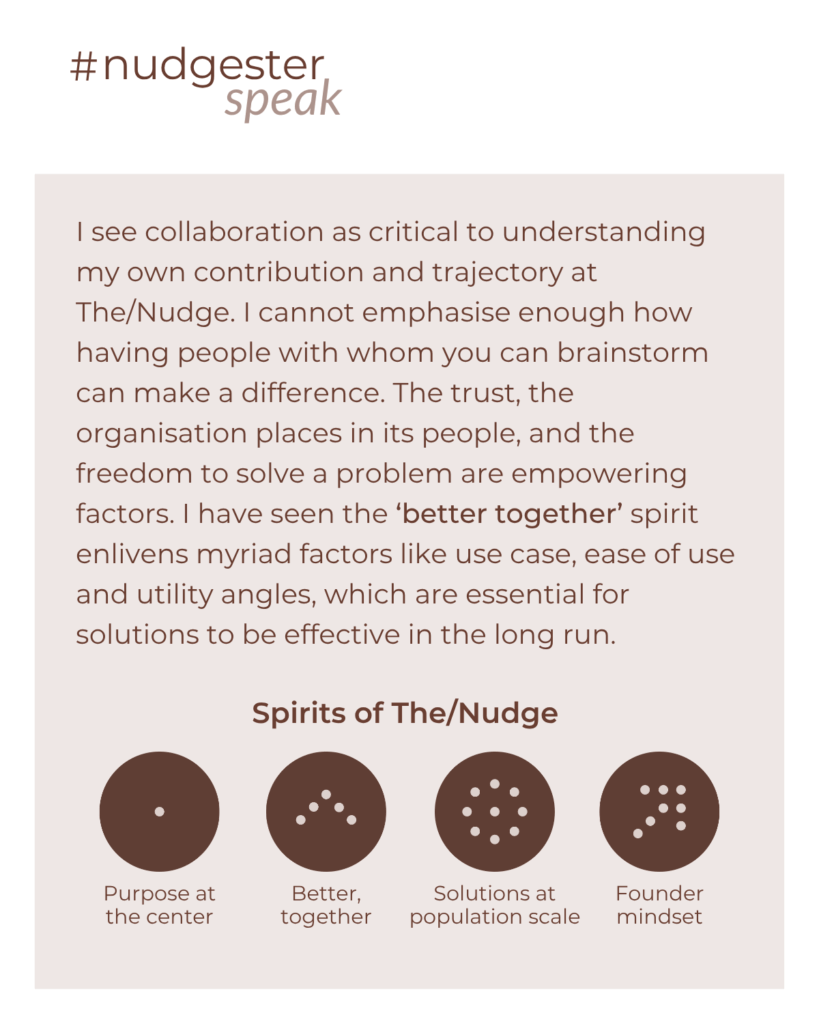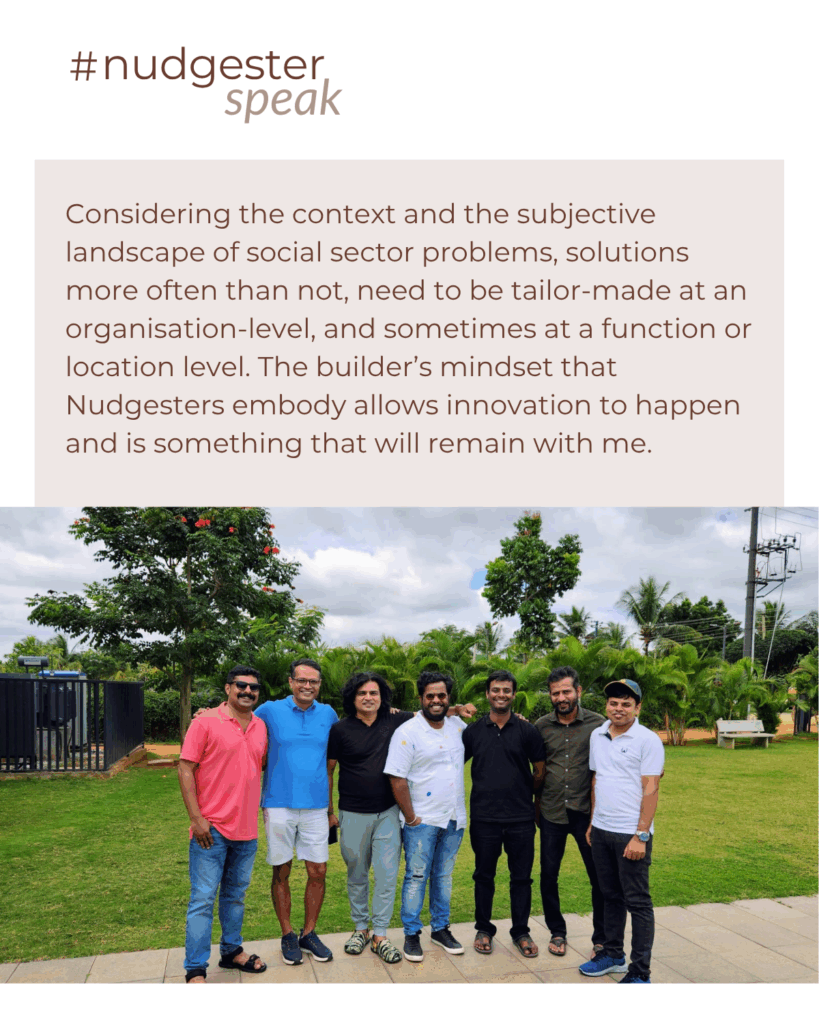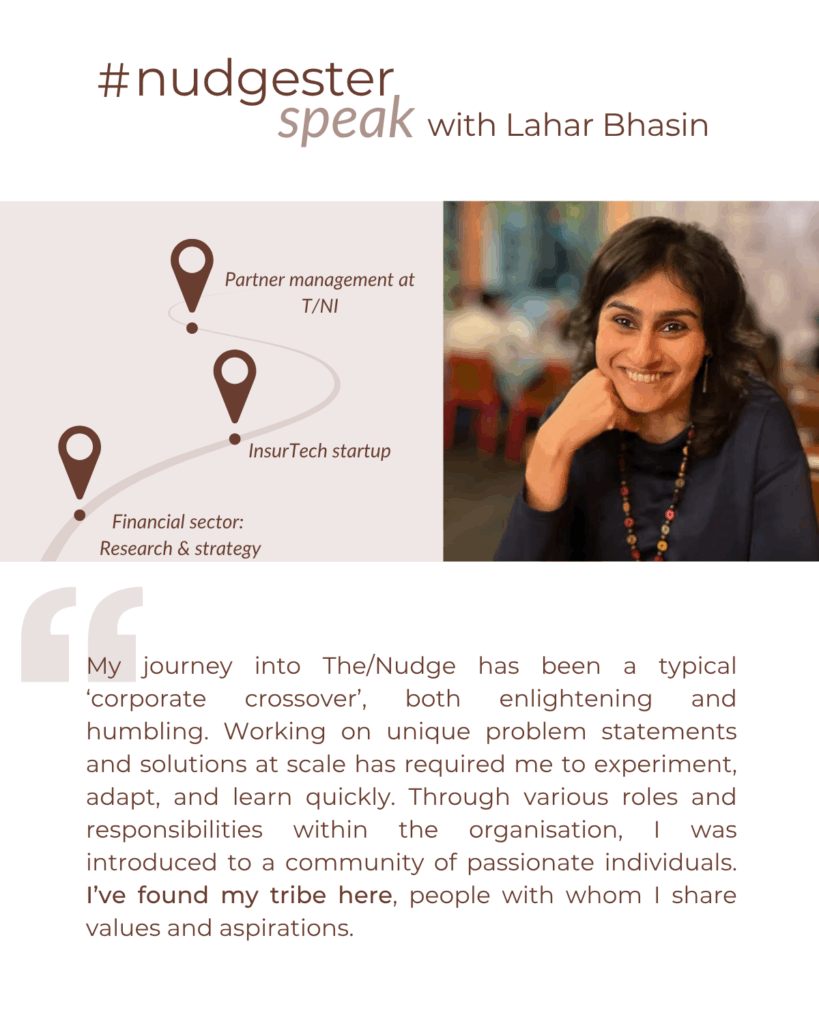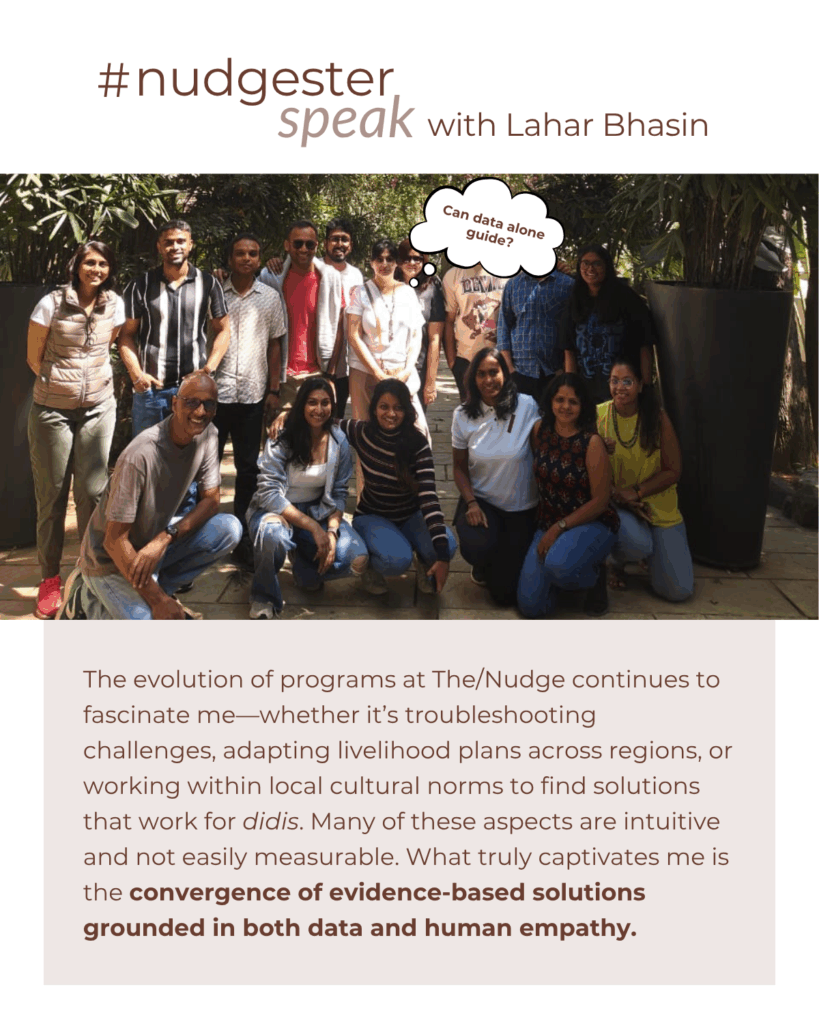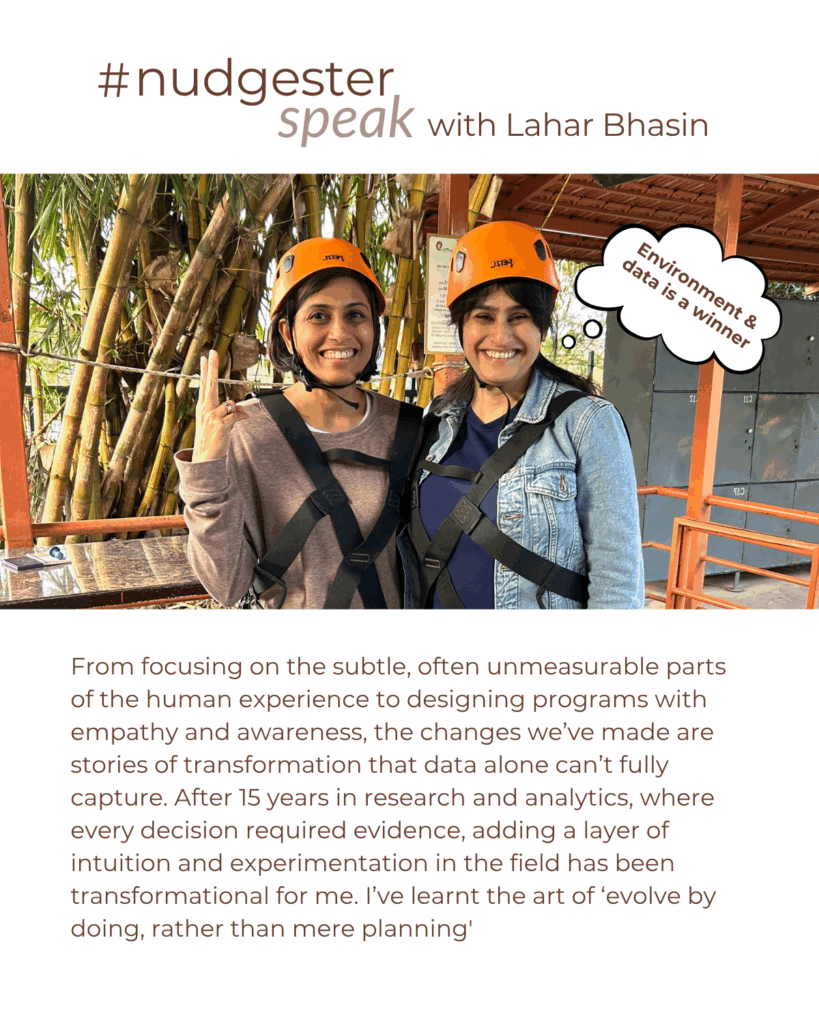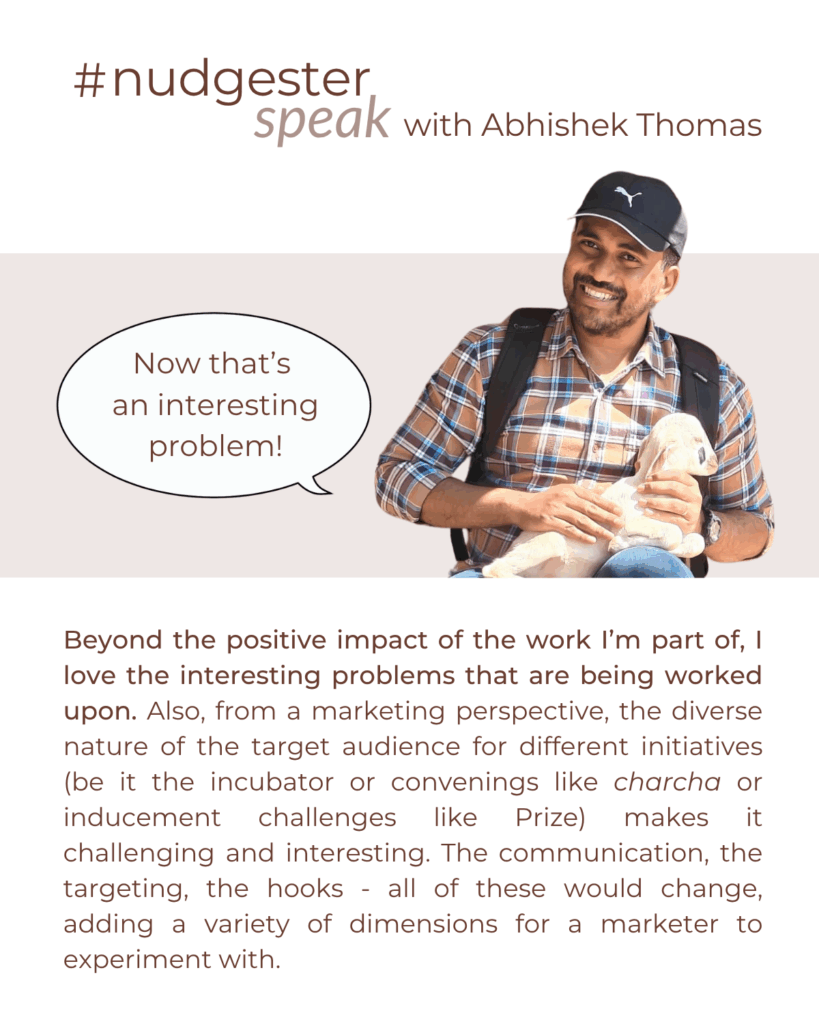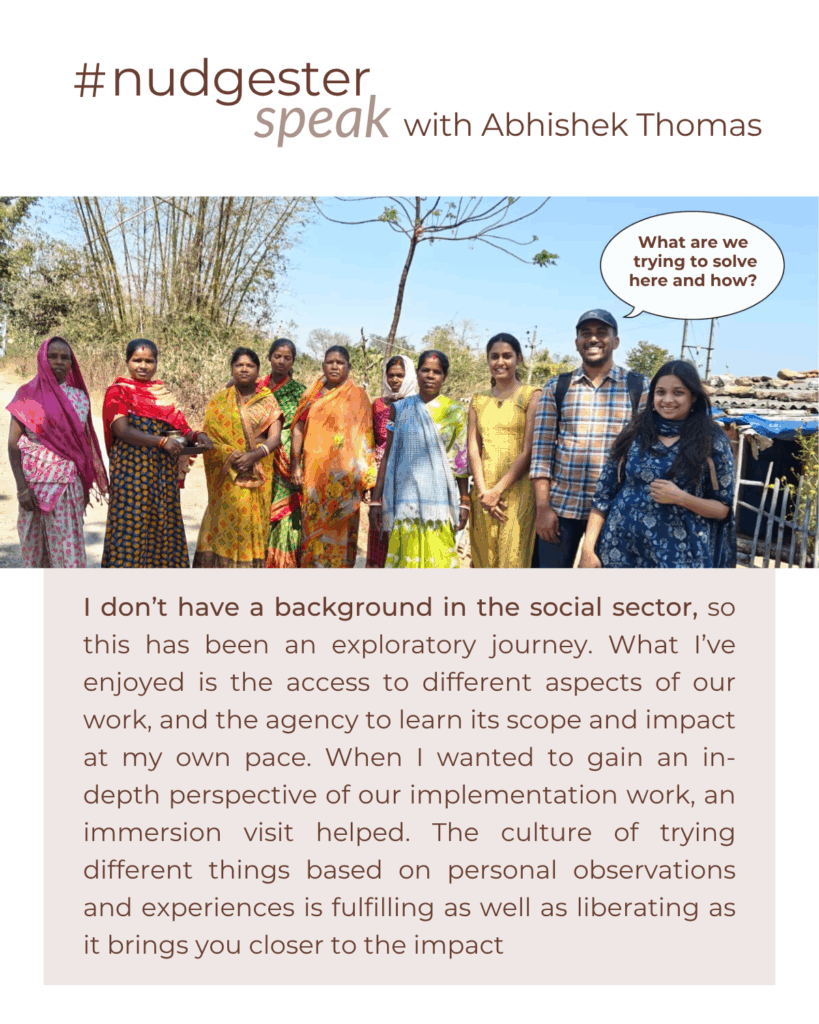Q. Growing up, what moments or influences shaped your interest in tackling environmental and agricultural issues through entrepreneurship?
A. Growing up in a small village in Rajasthan, my childhood was closely tied to farming. My co-founder Narayan and I were among the few who pursued science and higher education — and our families often struggled with erratic rainfall, poor soil health, and limited access to modern tools. Watching crops fail due to lack of water wasn’t just a financial setback — it was heartbreaking. Our parents once asked us during a school science fair, “Can your projects solve our problems?” That moment stayed with us. It transformed our thinking from just studying science to applying it where it mattered most — in the fields that raised us.
Q. What was the initial problem or gap you noticed that made you feel, “This needs to change”?
A. The problem was clear and right in front of us – water scarcity in agriculture. Farmers were either over-irrigating or watching their crops dry out. What made us pause was the realisation that even existing solutions, like synthetic hydrogels, weren’t affordable, eco-friendly, or suitable for smallholders. Despite agriculture being the backbone of rural India, sustainable technologies weren’t accessible to those who needed them most. That’s when we said, “This needs to change and we’ll be the ones to change it.”
Q. What moved you from concept to action when starting EF Polymer? How has your core product developed since those initial stages?
A. In college, we began experimenting with fruit peels and natural materials — looking for a way to retain water in soil. It started with mixing 10–12 types of peels and trying small-scale tests. The turning point came when we discovered orange peels had super-absorbent properties. With mentorship from agriculture universities in India and polymer scientists in Japan, we developed a biodegradable, organic soil moisture-retaining polymer. What began as a science fair curiosity is now Fasal Amrit, a certified product used across thousands of acres, reducing irrigation needs by up to 40% — and growing steadily in scale and impact.
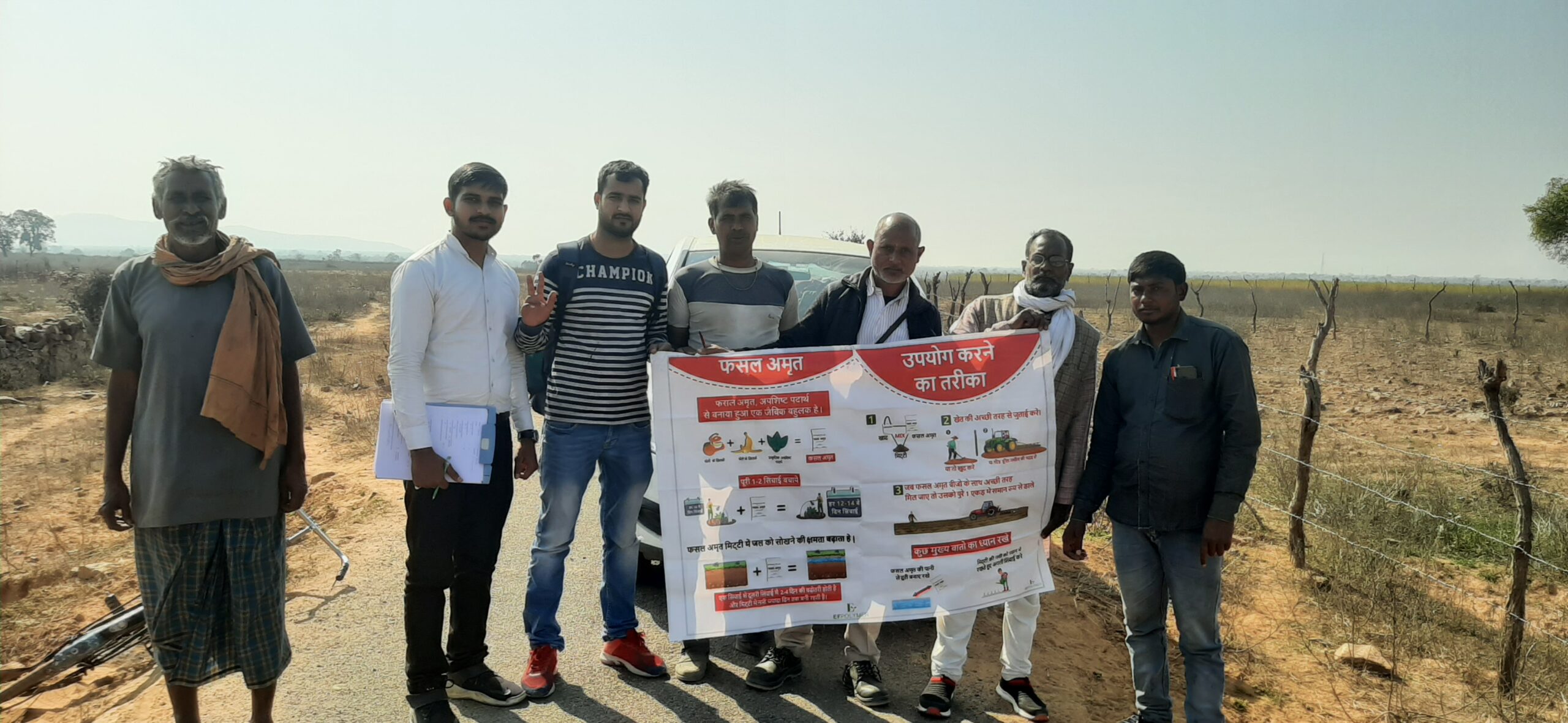
Q. How would you describe EF Polymer’s impact so far, and what are some goals or shifts you’re working toward in the near future?
A. EF Polymer has directly impacted over 40,000 farmers and helped conserve more than 36,720 million litres of water across 30,000+ acres of farmland — all while promoting soil health and crop productivity. By recycling over 3,750 metric tons of bio-waste, we’ve also prevented more than 40 million kilograms of CO₂ emissions, proving that circular economy innovations can drive both climate and livelihood benefits.
Our flagship product, Fasal Amrit, is now certified under NPOP (India), ECOCERT EU, NOP (USDA guidelines), and OMJ JAS (Japan), enabling its use in organic farming globally. We’ve piloted and validated the product across Asia, Africa, Europe, and America, further strengthening its relevance in diverse agro-climatic zones.
Looking ahead, we’re working to expand our impact beyond agriculture into sectors like sanitary products, cosmetics, and ice packs, where our biodegradable polymer can replace synthetic absorbents. We’re also actively forming partnerships with governments and international institutions to scale climate-resilient solutions for smallholder farmers worldwide.
Q. What strategies or partnerships have helped you connect meaningfully with underserved communities?
A. We partner directly with local distributors, Krishi Vigyan Kendras (KVKs), startups, seed and fertiliser companies, and state agricultural departments. What truly helps is our on-ground approach — we don’t just sell a product, we build trust. We conduct farmer meetings, demo trials, and even co-develop application practices based on local needs. Our recent success in water-stressed regions like Jaisalmer shows that when we listen first, and customise second, the impact goes deeper. Grants and challenge platforms like The/Nudge Prize have also opened doors for reaching the last mile.
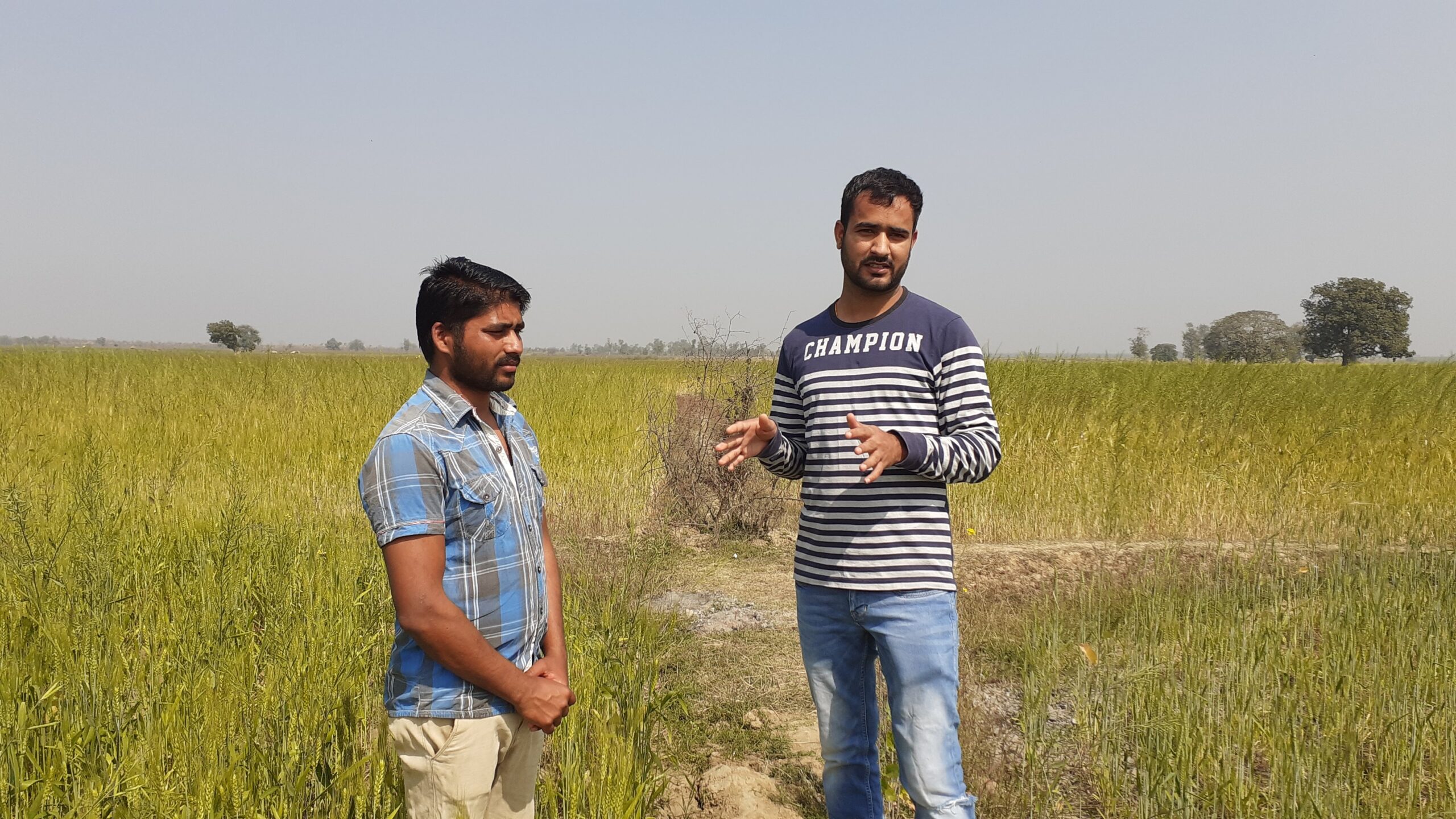
Q. How do you envision scaling EF Polymer’s work, both in terms of depth and reach?
A. We’re building a two-pronged scaling strategy: deepen our reach in India and replicate globally. Domestically, we aim to integrate into government schemes and build a robust retail-distributor network across more states. Internationally, we’re entering Japan, Africa, and the Middle East through agri-partners, B2B channels, and development agencies. We’re also expanding our product formats from powders to BB-sized granules for precision farming and international markets all while staying rooted in farmer-first innovation.
Q. Building something new often involves experimentation and uncertainty. Can you share a time when things didn’t go as planned and how you adapted or learned from it?
A. In our early days, we tried to replicate the success of synthetic hydrogels by positioning our product similarly. But farmers were skeptical, especially after trying failed products from large companies. We quickly realised the need to distance ourselves from that image. So we rebranded Fasal Amrit as a “soil moisturiser,” not a hydrogel. That small change, along with our education-focused approach, helped rebuild trust. It taught us that listening to the user isn’t optional, it’s everything.
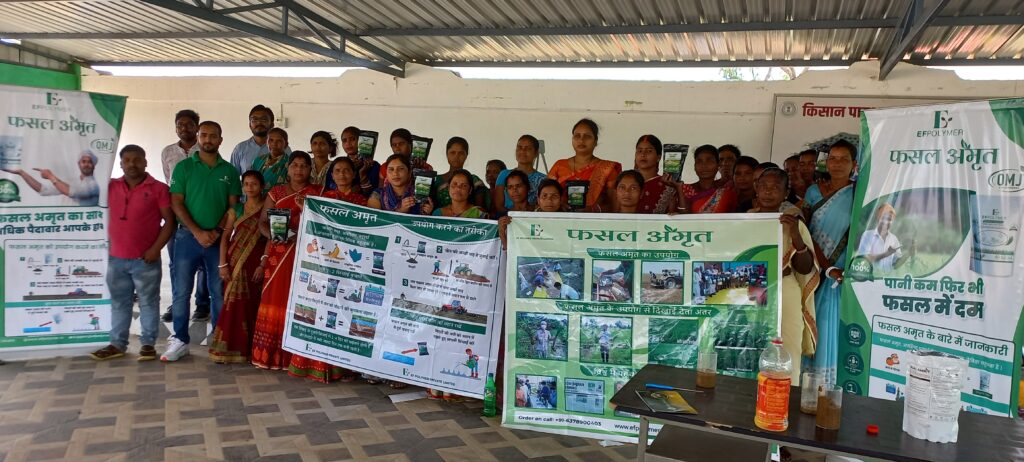
Q. Staying committed to a mission can come with its share of challenges. What habits, mindsets, or support systems have helped you stay focused and balanced along the way?
A. I follow a few core practices: keep the problem in sight, measure small wins, and stay grounded with the team and farmers. Reading about sustainability and innovation helps recharge my vision. Most importantly, I lean on my co-founder Narayan, our team, and mentors who remind us why we started. We also created monthly learning sessions within our team, where we reflect, share, and support each other — not just as colleagues, but as changemakers.
Q. Looking back, is there something you wish you had understood earlier in your journey that might be helpful for fellow social entrepreneurs today?
A. Yes, that passion alone isn’t enough. You need structure, partnerships, and patience. I used to think innovation alone would open doors, but building a sustainable enterprise requires navigating policy, logistics, HR, and finance too. If I could tell my younger self one thing, it would be: Take help early, build systems early, and never hesitate to ask questions, no matter how naïve they seem because clarity grows from curiosity.

